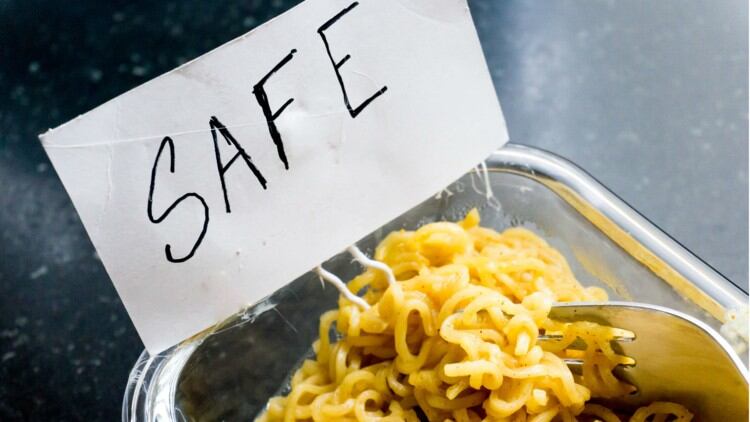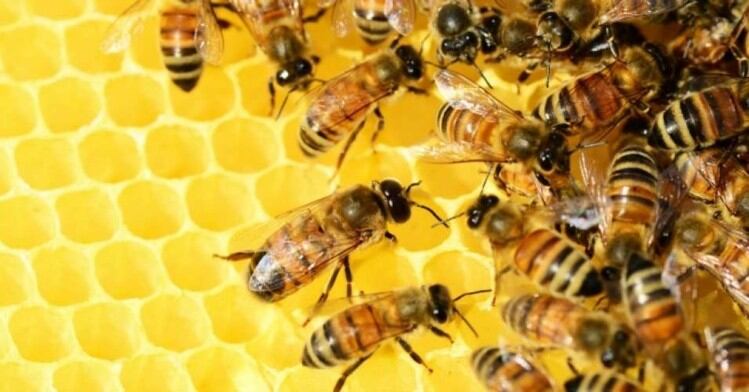The bill is being proposed by the National Party’s food safety spokesperson Nathan Guy.
“My Member’s Bill seeks to achieve what Damien O’Connor appears unwilling to do – protect New Zealanders from those that would threaten our food safety, be they reckless pranksters or people intent on nothing less than economic sabotage,” said Guy via an official press release.
“Recent events here in New Zealand and across the Tasman, such as the strawberry needle scares, have identified the need for greater sanctions to prevent these sorts of idiotic behaviours. The food and grocery sector has been ignored in its calls for tougher laws.
“Food tampering is not only economic sabotage on farmers and growers but also poses significant risks for consumers and New Zealand’s reputation as a producer of high quality and safe food.
“Parliament should send a strong message to anyone who considers food tampering. New Zealand should not be seen as a soft touch, and it is unacceptable that the Government has ignored calls from industry for stiffer penalties.”
Citing Australia as an example of having ‘already acted’ by passing stricter laws, Guy added that New Zealand is ‘lagging behind’ its neighbour.
“[This means that] offenders have less to fear if they are caught.”
In his Crimes (Contamination Offences) Amendment Bill, Guy proposes the creation of three new offences in the Crimes Act.
“[Penalties will be increased] to align them with the more serious offences of corruption, espionage, treason and piracy,” he added.
These would include criminalising food contamination to cause alarm, national economic loss or public health harm (14 years prison), making threats to contaminate food with the above purposes (10 years prison) and hoax statements that result in the above (10 years prison).
“This Bill recognises the serious physical, psychological and economic effects of such actions. New Zealanders need to know their food is safe and manufacturers should be protected from economic loss such offenders can cause,” added Guy.
Food industry groups are showing strong support for Guy’s proposal.
“Consumers want to know that their food is safe and I think we do need much strengthened penalties,” said New Zealand Food and Grocery Council CEO Katherine Rich.
Retail NZ General Manager Public Affairs Greg Harford seconded this, telling Newshub that: "It is essential that New Zealanders have confidence in the food and grocery sector.
"While industry is doing its bit to safeguard security, we believe it is essential that there is a specific criminal offence dealing with this issue."
From the production end, Federated Farmers Food Safety spokesman Andrew Hoggard told NZ Herald that acts of food contamination are ‘deliberate’ and ‘designed to cause incredible anxiety and economic sabotage’.
“You do not deliberately contaminate food without wanting to cause terror,” he added.
Needle contamination scare
The bill proposal came about after a regional incident, where large amounts of strawberries in Australia were found to be contaminated with needles back in September last year.
The situation rapidly escalated in seriousness, such that Australian police and health officials recommended disposal or return of affected brands.
The affected brands were: Donnybrook Berries, Love Berry, Delightful Strawberries, Oasis brands, Berry Obsession, Berry Licious, Mal's Black Label and Australian Choice.
Needles were found in ‘Australian Choice’ brand strawberries in New Zealand later the same month. Woolworths NZ and Foodstuffs removed strawberries of Australian origin from their shelves in response.
In November 2018, a former berry supervisor for one of the affected brands was arrested and charged with the crime in Brisbane, Australia. Her motive was said to be spite after a workplace grievance.



